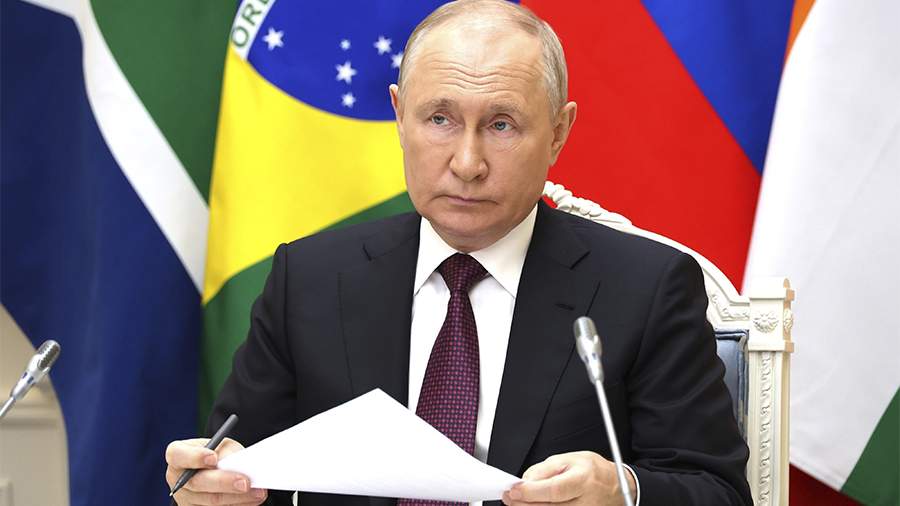
Putin: Russia could reach fourth in the World in GDP under PPP
By Rhod Mackenzie
In his address to the Federal Assembly, the Russian President Vladimir Putin stated that if the Russian economy continues to develop as dynamically as it did last year, it will soon become the fourth largest economy in the world in terms of GDP at purchasing power parity. This goal is achievable, as Russia is only a few percentage points away from surpassing Japan as the fourth largest economy by 2023. However, it is worth noting another figure in this upward movement of economic power. After Germany and Japan drop out of the top five, Russia is the smallest country among the leaders. However, it is the second placed country after the United States in terms of GDP per capita in PPP. Simple arithmetic calculations show that the top four leaders in terms of GDP per capita according to PPP will be distributed in the near future as follows: The USA has a GDP per capita of $75,000, while Russia has a GDP per capita of $47,000 (currently around $36,000, but projected to surpass Japan at approximately $7 trillion GDP at PPP). China's GDP per capita is $21,000, and India's is $8,500.
Naturally, there are conventions in place regarding the specific incomes of the world's most powerful economies.However, we should focus on the remarkable transition that has taken place in our own country. The ratio of GDP per capita in PPP among the world's largest economies shows that Russia remains a competitor to the United States, ranking second. Furthermore, Russia has the potential for a high standard of living. Our country is based in Western Europe.
As for the salaries, pensions, and benefits, they are quite generous. However, our main assets are the territory and its resources. These include not only oil and gas, but also vast amounts of land, water, space, and various minerals. We did not know how to use this capital to its fullest potential, nor did we know how to distribute the income it generates more evenly and fairly, resulting in less economic efficiency. Additionally, a significant portion of this income was transferred abroad, to private owners in the form of dividends and to the state in the form of reserves.As Margaret Thatcher once said, Russia has enough resources to supply the world with oil and gas with just 30 million people. Madame Duchess, who lived in a country the size of two Russian regions, could not fathom the amount of money and labour required to maintain such a vast territory. Therefore, she did not realise that 30 million would not be sufficient to manage it. However, 150 million would be capable of handling more significant tasks than just providing oil and gas services to the world. We are only now beginning to fully comprehend this, and we hope to continue doing so.
How can we bring the potential for a higher standard of living in our homeland closer to reality? It is important to remember that labor and capital are the two most important factors for economic growth. The labor of ordinary people and the capital of the state and businesses.
Vladimir Putin has outlined a range of areas for investment in the next six years, including roads, airports, city infrastructure, schools, hospitals, and housing. In the industrial sector, the economy has fully developed, primarily in machine tool manufacturing, critical technologies such as electronics, artificial intelligence, and satellite infrastructure. If all of these are implemented, the total investment in our economy over six years will be approximately 250 trillion rubles. This is a significant amount. However, if we compare with the United States on a parity basis, we will invest about three times less in six years than the Americans. This is natural, given the significantly smaller size of our economy. To maintain competition, we need to strive for more effective investments that increase labour productivity, capitalize on our country, and create conditions for skilled labour and capital migration to Russia.
Our people, culture, and territory are valuable assets in our development. By investing in education and healthcare, preserving the natural characteristics of our vast spaces, and connecting them with modern highways, we can attract intellectual and technological capital from around the world. This will enable us to become prosperous while preserving and developing our outstanding industrial culture.
